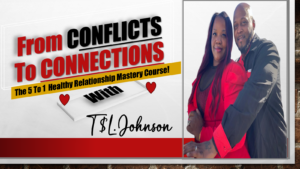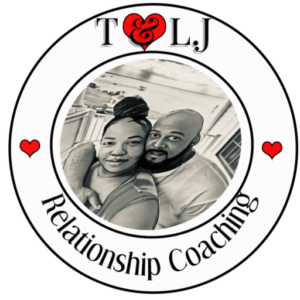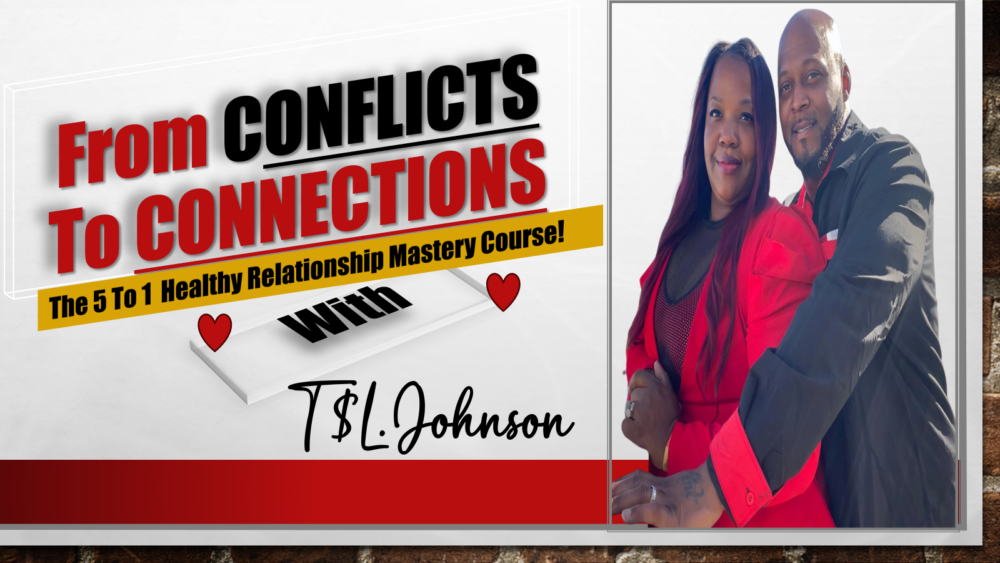Understanding Empathy in Communication
What is Empathy?
Empathy is often confused with sympathy, but it’s so much more profound. To me, empathy means really putting myself in someone else’s shoes, feeling what they’re feeling. It’s that deeper connection we foster when we listen actively and genuinely care. When we speak with empathy, we’re not just transmitting words; we’re bridging emotional gaps.
When I started incorporating empathy into my conversations, I noticed something remarkable: people were more open and willing to share. It created a safe space where everyone felt heard and valued. It’s about connecting on a human level and acknowledging each other’s experiences.
This understanding can completely change the dynamic of any conversation. When you lead with empathy, you pave the way for more meaningful interactions that can lead to resolution and cooperation.
The Importance of Active Listening
Engaging with Presence
One of the most critical aspects of speaking with empathy is being fully present. I remember attending a workshop where the facilitator emphasized the importance of active listening. He encouraged us to really tune in—not just to the words, but to the emotions behind them. This means putting down our phones and making eye contact.
When I started practicing active listening, I found that it transformed my relationships. People responded to my engagement with warmth and openness, and we could tackle their concerns head-on without the normal barriers that come up in communication.
Engaging with presence not only shows respect but also helps the other person feel valued. It’s like saying, “I see you and what you’re saying matters.” This initial step is so crucial in fostering a space for empathy to flourish.
Finding Common Ground
Shared Experiences
Finding common ground is a powerful way to connect. Whether it’s a shared experience or a comparable feeling, drawing parallels helps build rapport. I recall a time I spoke with a colleague who was stressed about his workload. When I shared a story about a similarly overwhelming project I had tackled, I saw the weight lift off his shoulders.
This act of sharing not only shows that you understand their plight but also that they are not alone. We all have struggles, and finding that connection can break down the barriers we often erect in communication.
Establishing these links is where the transformative power of empathy really shines. It humanizes us and allows for authentic dialogue that can lead to real solutions.
Using “I” Statements
The Art of Personal Responsibility
I’ve found that using “I” statements can profoundly change the tone of a conversation. Instead of saying, “You never listen to me,” you might say, “I feel unheard when my ideas are overlooked.” Making it about my feelings rather than accusing the other person often diffuses tension.

This softening language allows for the other party to be more receptive and open. Imagine discussing a disagreement using this method—it’s much more likely to create a constructive dialogue rather than defensiveness.
I’ve applied this technique when discussing sensitive topics and consistently found it leads to productive conversations. It allows for vulnerability while maintaining respect and clarity in my communication.
Feedback and Validation
Recognizing Emotions
Feedback is essential in empathetic communication. After a heartfelt exchange, I always try to validate the other person’s feelings. This might be as simple as saying, “I hear you, and your feelings are valid.” It’s incredible to see how often people just need to know their feelings are acknowledged.
When we validate others, we reinforce their worth and experience. In my personal life, I’ve seen how powerful it is to say, “It’s okay to feel upset,” or “Your concerns are legitimate.” This kind of feedback not only builds trust but also encourages the person to be more open and honest.
Always remember, validation doesn’t mean you have to agree. It just shows that you are willing to accept their perspective, no matter how different it may be from your own. This openness can often lead to mutual understanding and growth in the relationship.
Frequently Asked Questions
1. What is the main goal of speaking with empathy?
The main goal is to create deeper connections by understanding and sharing the feelings of others, which can lead to more meaningful and productive interactions.
2. How can I practice active listening better?
Try focusing fully on the speaker, maintaining eye contact, and eliminating distractions, like your phone or background noise, to engage more completely during conversations.
3. What are “I” statements and how do they help?
“I” statements express your feelings without assigning blame, which helps reduce defensiveness and encourages a more open dialogue.
4. Why is it important to find common ground?
Finding common ground enhances rapport and promotes understanding by connecting on shared experiences, making it easier to navigate difficult conversations.
5. How does validation impact relationships?
Validation reinforces the feelings of others, helps them feel heard, and builds trust, fostering a more open and collaborative environment.

Schedule Your First 20-Minute Coaching
Call With Us Today to see if we fit . You pick the price!
Click Here






